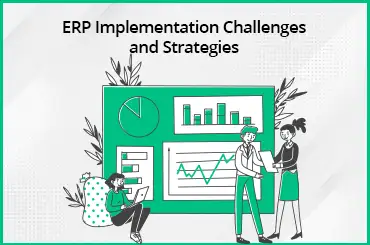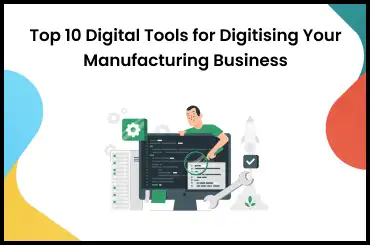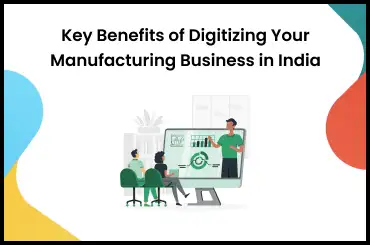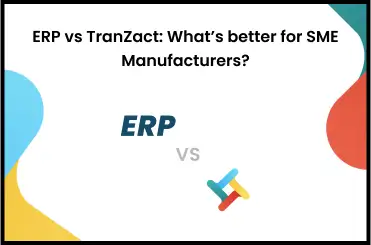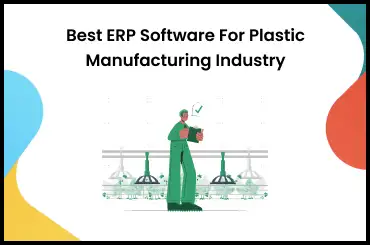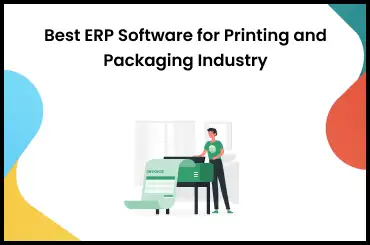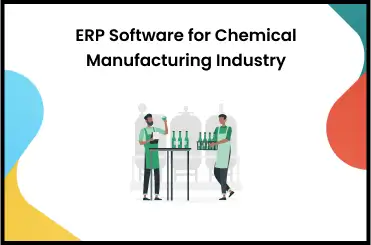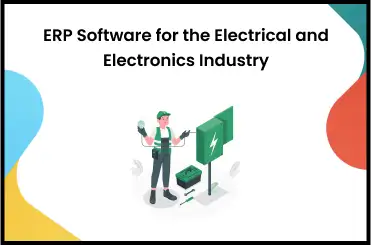With a powerful ERP solution, companies can operate as per the latest technology and achieve better results. Scalable businesses can expand their operations, enter new markets, and handle higher volumes of customers and transactions without compromising performance or customer satisfaction. In this article, you will learn how ERP Scalability Works and its benefits for your business.
Understanding ERP Scalability
Business operations can be improved completely with enterprise resource planning (ERP) software. The ability of your ERP system to scale is one of the most important aspects. The concept of scalability is not spine about much in most ERP explanations and guides, but it is very important.
Adaptability is another key feature of ERP scalability. You may not have the budget or the need to utilize all the features available to your organization, but you will still need them in the future. With adaptable ERP software, you can grow your business as customer needs change. With ERP software, organizations can increase their competitive advantage by improving customer satisfaction and visibility and simplifying workflows.
The Role of ERP in Business Scalability
The ERP system benefits and scalability support businesses by providing a common platform for connecting and improving various business functions. ERPs must be scalable to meet the changing business needs of your company, or they won't be worth the investment.
Adapting to changing customer demands requires organizations to deal with complex operational environments, increase business efficiency, and stay ahead of the competition. Technology advancements and innovative data collection methods have made ERP systems compatible with this and continue to grow.
Flexibility and Customization of ERP Solutions
Scalable ERP solutions provide the flexibility and customization options required by growing businesses. In addition to meeting changing needs, these solutions can support changes in organizational structure, additional functions, and increased user traffic. Customizing workflows, reports, and dashboards allows organizations to match their specific business processes and increase scalability.
ERP software is flexible to deal with growing and changing requirements of an industry. With ERP, there is a lot more data storage space available, and it can quickly handle an increasing amount of data. ERP provides modern solutions that also include multiple features that cover a variety of business needs, such as accounting, production planning, and supply chain management.
In recent years, cloud-based ERP software has proven to be a game-changer for businesses that require scalability. A cloud-based ERP software scalability can provide flexibility, convenience, and lower costs than a traditional software system. It allows companies to scale up or down their operations quickly, adjusting system resources and licenses accordingly.
Businesses generate a greater volume and range of data as they grow. The ERP system provides real-time insight into various operations through the collection and analysis of data. The ability to access accurate, up-to-date information in real time supports businesses' overall growth and assists them in adjusting to changing market conditions.
ERP Scalability With TranZact
Your business isn't standing still, so your ERP software shouldn't be either! A one-size-fits-all solution needs to address your organization's specific needs. We recommend an ERP system scalability that grows with your company's growth. It allows you to make relevant changes to your software to match your demand and your company's development trajectory.
A scalable system is important for driving long-term growth, competitiveness, and customer satisfaction. With Tranzact’s Manufacturing ERP Software, businesses can manage resources more quickly, speed up workflows, and improve overall operational productivity, allowing them to scale without increasing overhead costs significantly.
FAQs on ERP Scalability
1. What are the five components of ERP?
The components of an ERP system are:
-
finance,
-
human resources,
-
logistics and manufacturing,
-
supply chain management,
-
customer relationship management.
2. How does ERP work?
An ERP system links together many business processes and improves data flow. They eliminate data duplication and help with data integrity.
3. Why is ERP so important for business?
A company that wants to grow, stay up-to-date with consumer demand, and scale its operations should use an ERP.
4. What does ERP stand for?
In business management, ERP stands for enterprise resource planning.
5. What are the three common types of ERP?
Different ERP systems operate based on other deployment models. Below are the most common types of ERP systems:
-
Cloud ERP
-
On-premise ERP
-
Hybrid ERP
6. What are the main objectives of ERP?
An essential objective of ERP is the management of customer relationships. It is possible to increase productivity, improve the quality of services, and reduce delivery times for a company with ERP scalability strategies.
7. What is the ERP implementation life cycle?
The ERP implementation life cycle describes how long it takes to implement ERP software in your organization. Implementation life cycles involve several steps and processes, such as discovery and planning, design, development, testing, support, deployment, and training.
8. What are the limitations of ERP?
ERP systems are expensive, time-consuming, and not exactly customizable. These systems also require sufficient employee training so that projects are on time.







